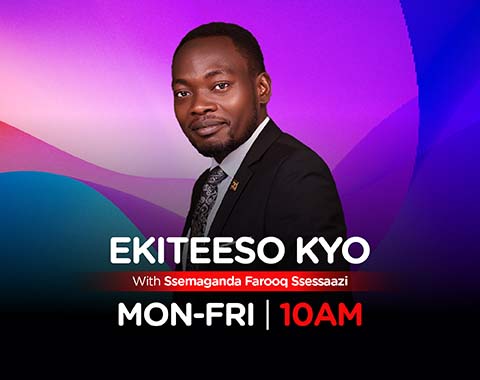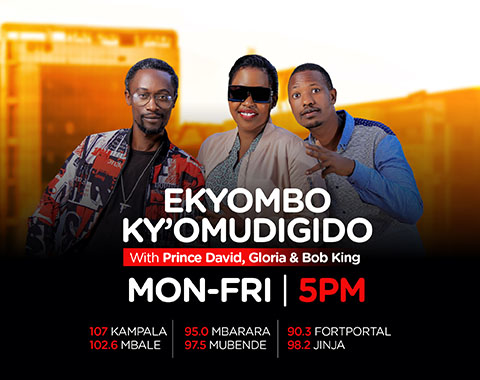As the national electoral commission’s special voter registration drive approached its initial deadline on the 10th of this month, the head of the commission, Justice Simon Byabakama, extended the deadline to the 17th to accommodate more registrations.
The drive aimed to update voter registers, including new registrations and changes to existing details. In our series Kunsonga , we explored how the program was implemented in the Mukono district and the impact of the additional seven days on voter participation.
Here’s what leaders, residents, and election officials in Mukono had to say about the process:
Challenges in Awareness and Accessibility
Ssalongo Moses Bbosa, overseeing security in Lower Nabuti, Mukono Central Division, highlighted that the program struggled due to poor public awareness and inconvenient registration hours. He noted that the timing clashed with school schedules, making it difficult for parents to participate. Despite the extension, Bbosa emphasized that without better communication, many eligible voters would still miss out.
Lack of Consultation and Advertisement
Joachim Sendi, chairman of Lweza Village, expressed frustration over the lack of consultation with local leaders and insufficient advertisement. He revealed that the electoral commission team visited only once, operating for just an hour in the evening, which limited participation. Sendi suggested decentralizing the process to the parish level to improve accessibility, especially for the youth, and proposed incentives for local chairmen to boost engagement.
Logistical Barriers
Muhamedi Wasswa Takwana, chairman of Ggulu Ward, criticized the choice of registration locations, which forced residents to incur high transportation costs. He urged the commission to bring the registration process closer to the villages and encouraged residents to take advantage of the extended deadline.
Mixed Success with Minor Hiccups
Christopher Miwanda and Faridah Nakyazi acknowledged that the program had generally run smoothly but faced minor technical issues, particularly with computer placements. They urged residents to utilize the extra days effectively and recommended maintaining a parish-based approach rather than village-based registration to ensure broader participation.
Progress Despite Outdated Equipment
Mark Muganzi Mayanja, head of elections in Mukono district, reported that the initial days of registration were successful, with 5,086 new voters registered and 12,472 updating their polling stations. Despite using decade-old machines, the process functioned adequately. Muganzi detailed efforts to inform the public, including collaboration with village chairmen, setting up checkpoints, and deploying mobile teams. He also highlighted the initiative to register 18-year-olds in schools, as directed by the electoral commission.
Conclusion
While the voter registration drive in Mukono saw progress, the extension and improved outreach were critical to addressing gaps in awareness and accessibility. Residents and leaders called for a more decentralized approach and better utilization of the additional time to ensure broader participation. The experiences shared underscore the importance of effective planning, communication, and logistical support in enhancing voter registration efforts.













